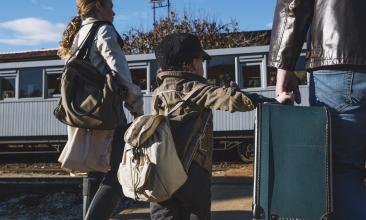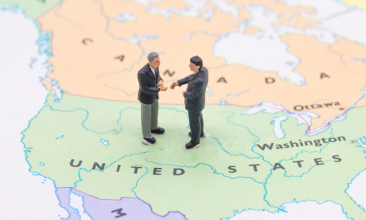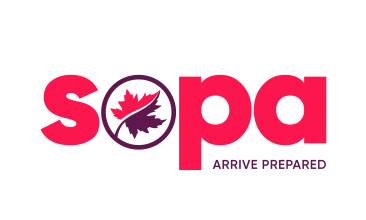
Oct 28, 2024 3 min. read

Oct 28, 2024 3 min. read

Oct 25, 2024 5 min. read

Oct 21, 2024 3 min. read

Oct 03, 2024 4 min. read

Sep 24, 2024 3 min. read

Jun 03, 2024 5 min. read

Mar 27, 2024 4 min. read

Mar 25, 2024 3 min. read

Mar 22, 2024 2 min. read